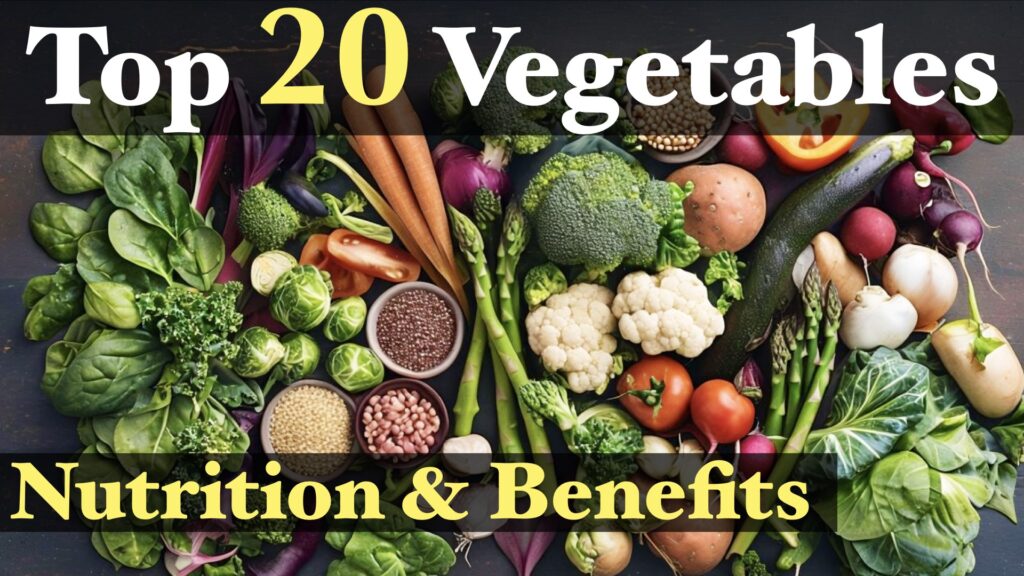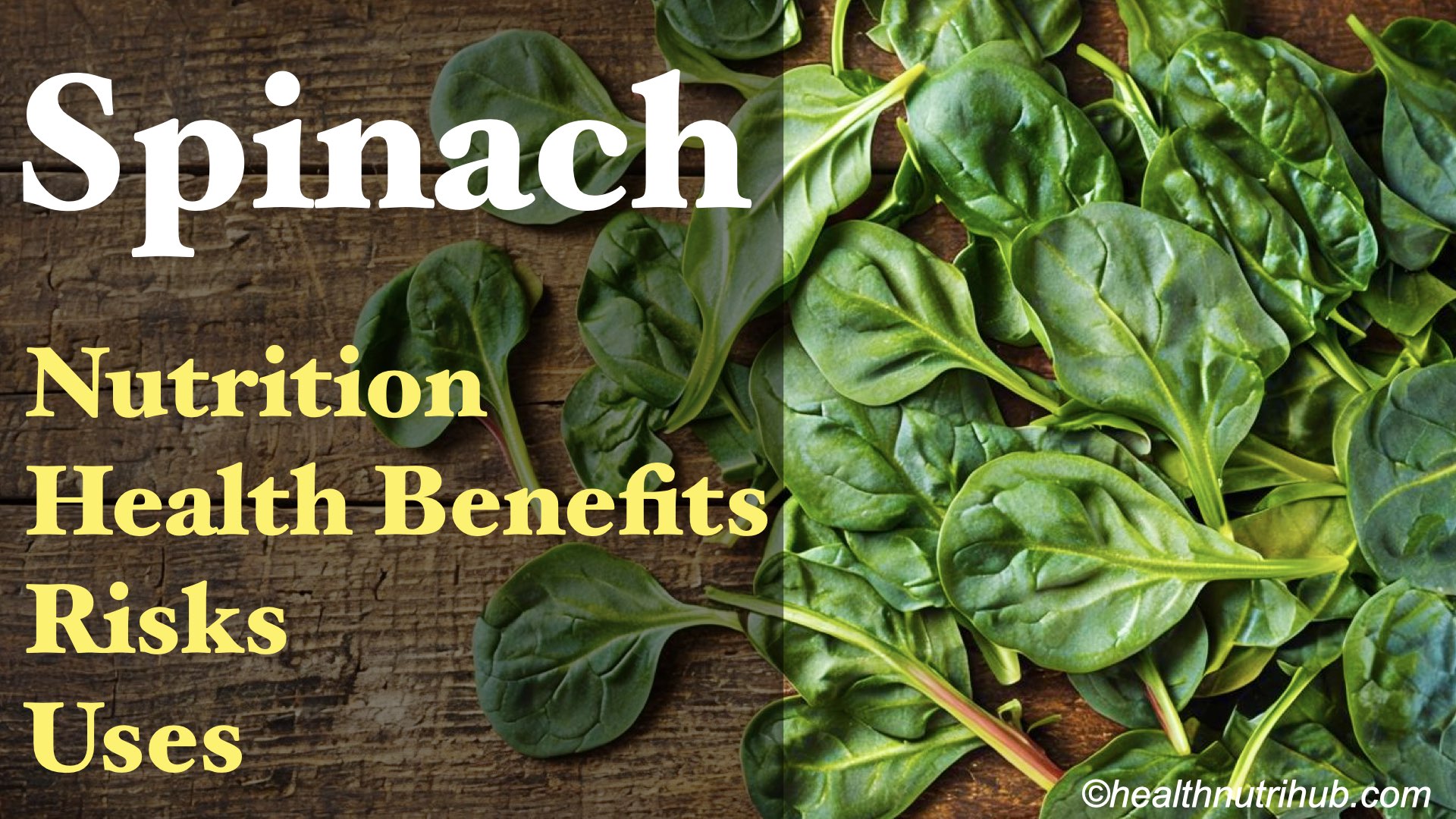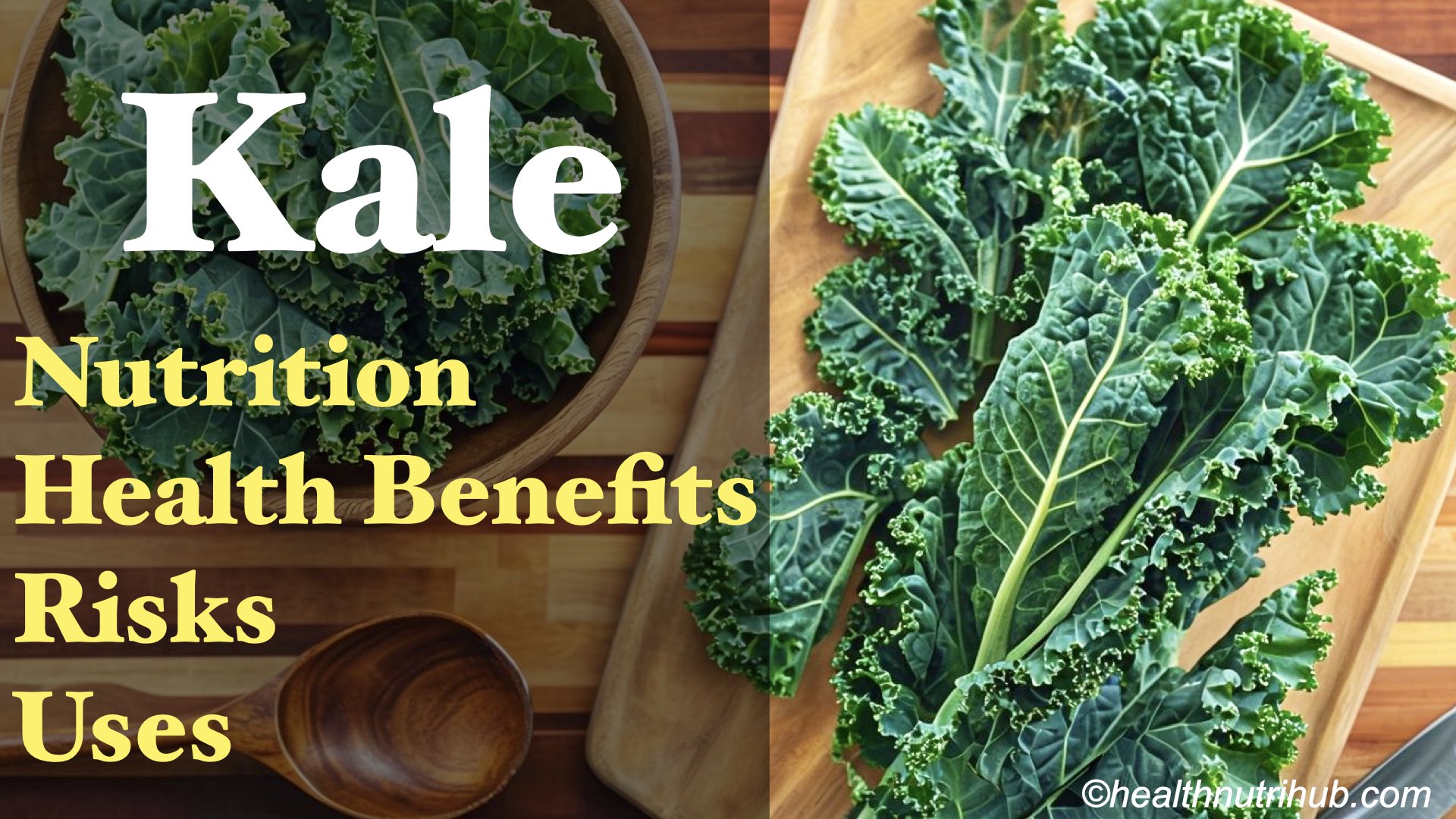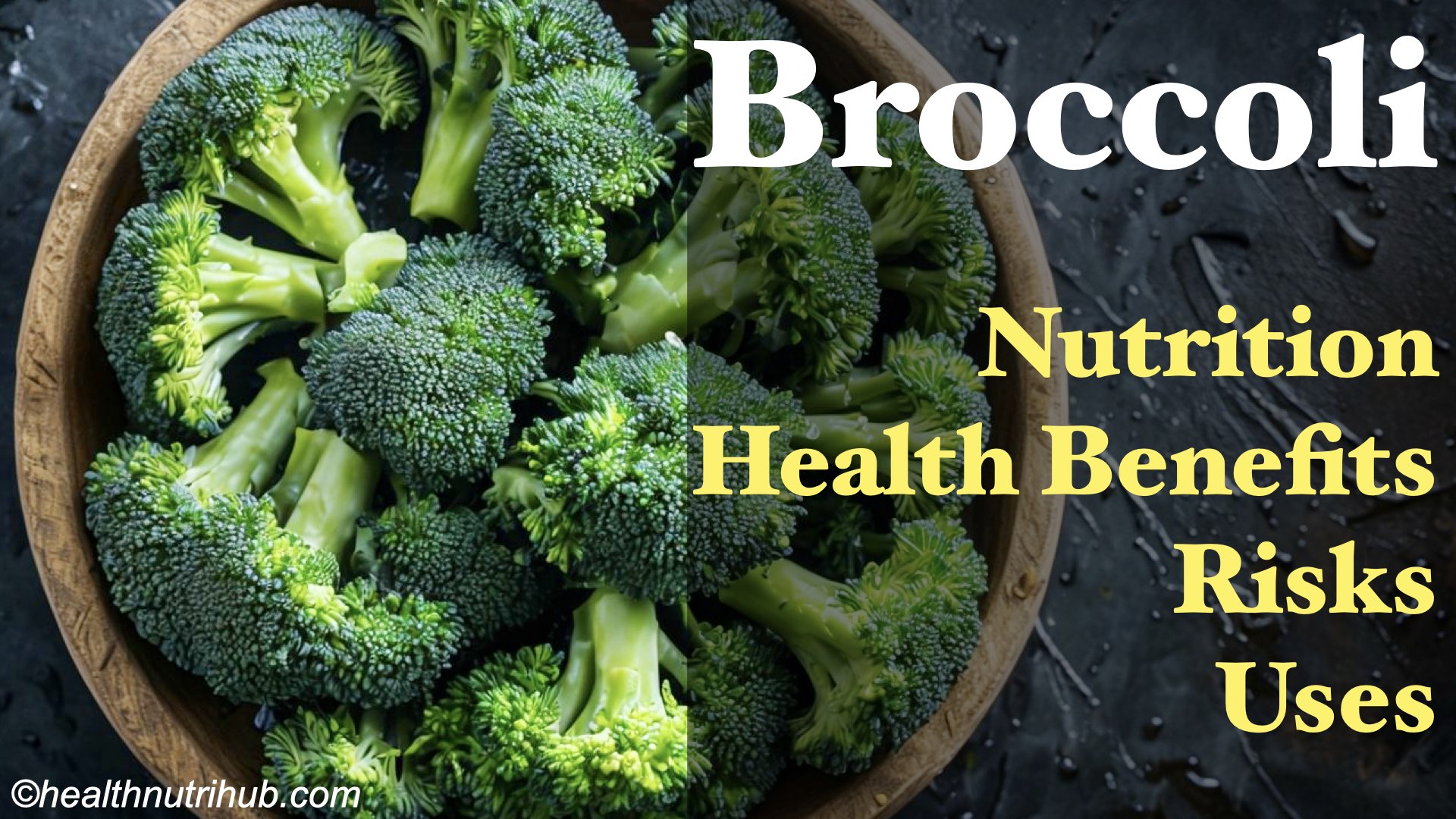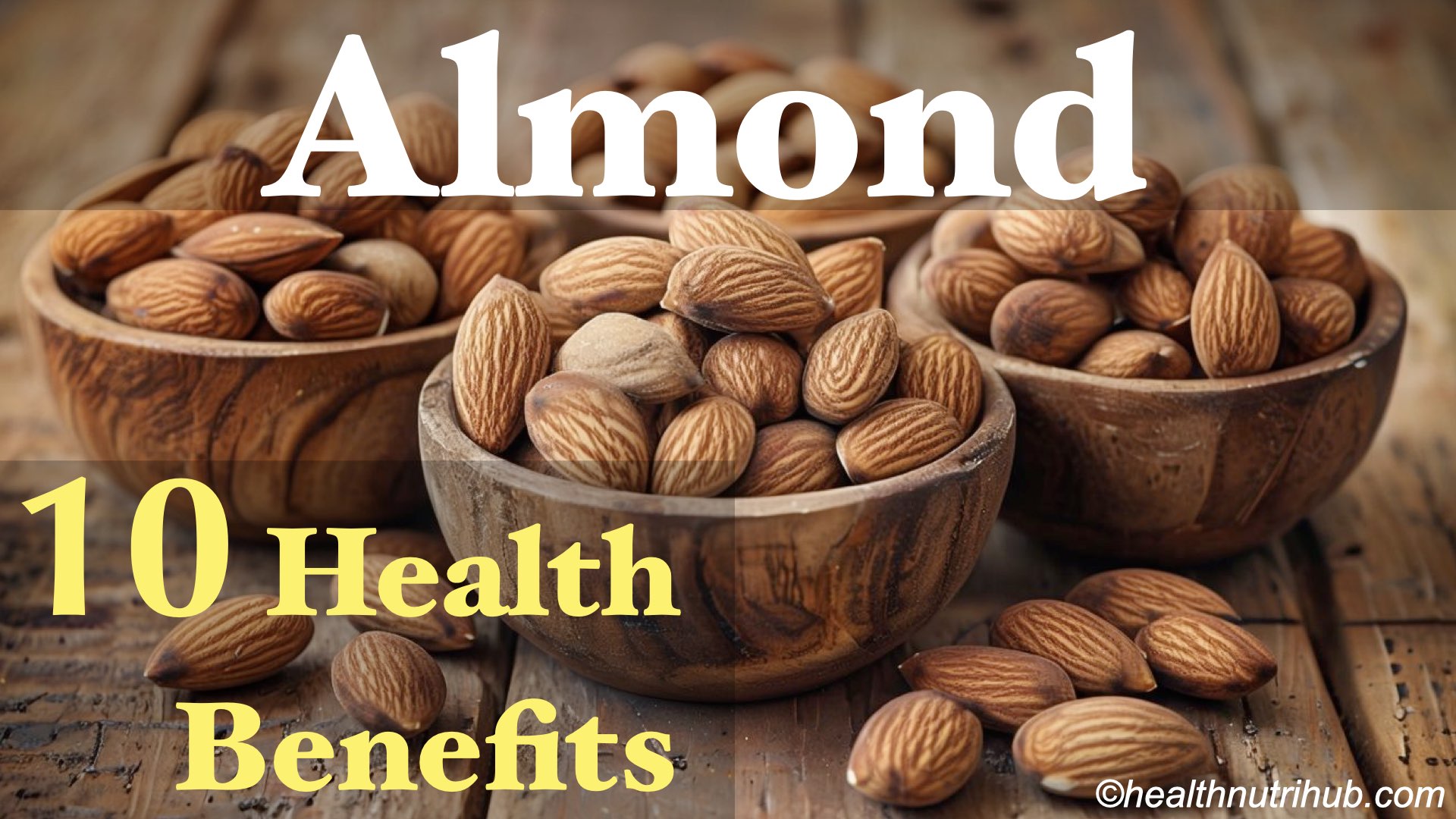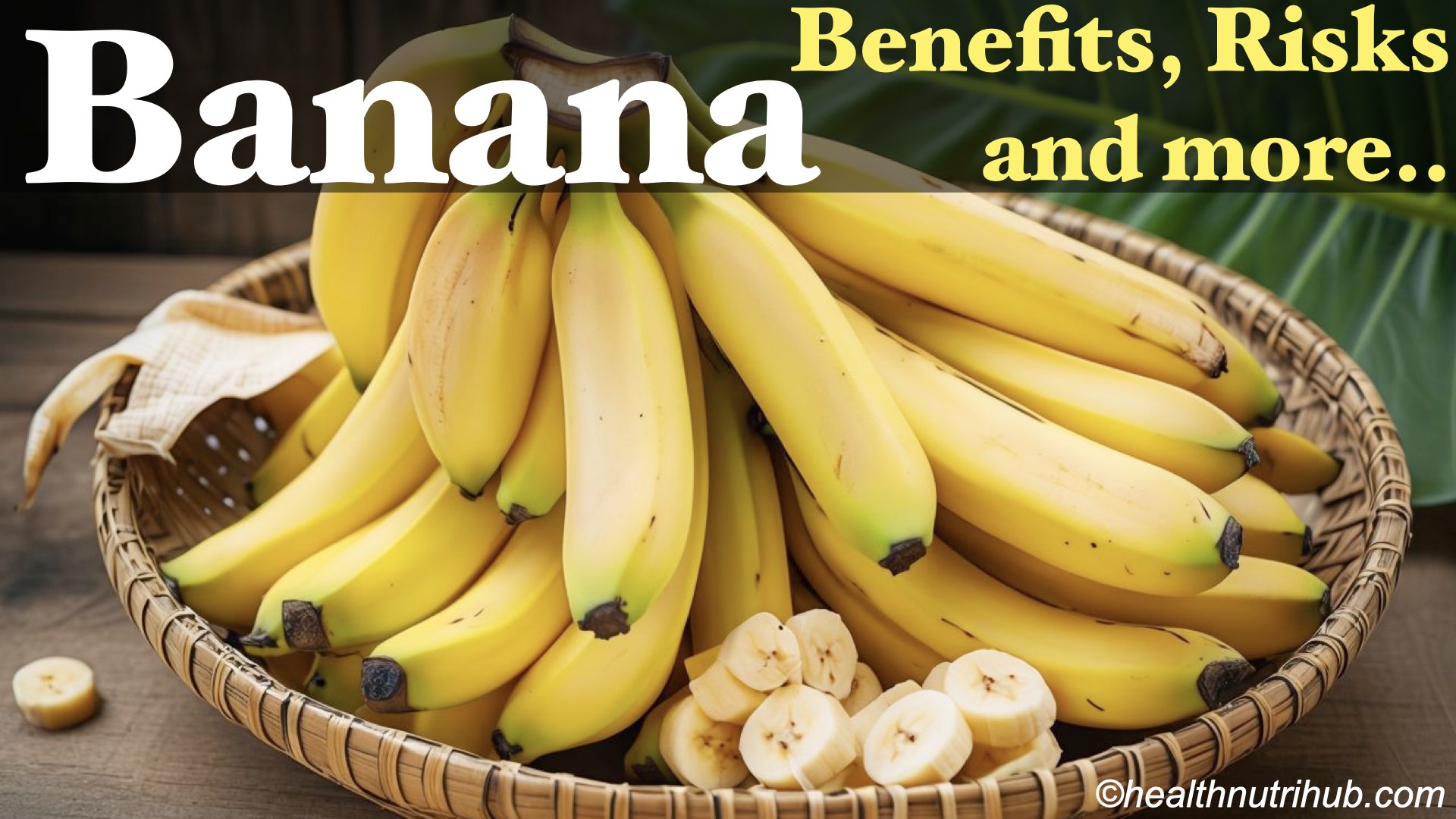In today’s health-conscious world, vegetables are considered as nutritional powerhouses. These foods are packed with essential nutrients, antioxidants, and fiber, providing numerous health benefits. Eating various vegetables is one of the simplest ways to improve your health and well-being. In this guide, we’ll explore the top 20 healthiest vegetables, detailing their nutritional value and health benefits to help you make correct food choices.
Top 10 Superfoods to Boost Metabolism Naturally
Top 20 Most Healthiest Vegetables
- Spinach
- Kale
- Broccoli
- Brussels Sprouts
- Cauliflower
- Carrots
- Sweet Potatoes
- Tomatoes
- Bell Peppers
- Garlic
- Onions
- Asparagus
- Green Peas
- Eggplant
- Cabbage
- Zucchini
- Radishes
- Beets
- Turnips
- Collard Greens
1. Spinach
Spinach is a leafy green vegetable known for its high nutrient content and versatility in dishes. It’s rich in essential vitamins, making it a common item in healthy diets.
Spinach: Nutrition, Health Benefits, Risks & Uses
Nutrients in Spinach
Spinach is an excellent source of vitamins A, C, and K, magnesium, iron, and manganese.
Health Benefits of Spinach
- Supports eye health due to its high beta-carotene and lutein content
- Strengthens bones via vitamin K
- Helps in blood pressure regulation due to its high potassium content
Top 11 Health Benefits of Spinach: Top-Ranked Superfood
2. Kale
Kale is a cabbage variety known for its curly green leaves and robust nutrient profile. It’s a favorite among health enthusiasts for its exceptional vitamin and mineral content.
Kale: Nutrition, Health Benefits, Risks & Uses
Nutrients in Kale
Rich in vitamins A, C, K, B6, and calcium, kale is a renowned superfood.
Health Benefits of Kale
- Powerful antioxidant properties
- May reduce cholesterol levels
- Helps in weight management due to its low-calorie content
3. Broccoli
Broccoli is a vegetable that resembles a mini tree, praised for its nutritional benefits and versatility in culinary applications.
Broccoli: Nutrition, Health Benefits, Risks & Uses
Nutrients in Broccoli
Broccoli contains vitamins C, K, fiber, folate, potassium, and iron.
Health Benefits of Broccoli
- Promotes healthy digestion with its high fiber content
- Potential cancer-fighting properties due to sulforaphane
- Supports heart health
4. Brussels Sprouts
Brussels sprouts are small, dense vegetables that resemble miniature cabbages, offering a unique flavor and ample vitamins.
Nutrients in Brussels Sprouts
These mini cabbages are high in fiber, vitamins C and K, and folate.
Health Benefits of Brussels Sprouts
- May help reduce inflammation
- Supports a healthy digestive system
- Rich in antioxidants
5. Cauliflower
Cauliflower is a versatile and mild-flavored vegetable often used as a substitute in low-carb diets. Its has pale color and it has a rich nutrient profile.
Nutrients in Cauliflower
Cauliflower is low in calories and provides a good amount of vitamin C, K, and folate.
Health Benefits of Cauliflower
- Low-carb alternative for grains and legumes
- Promotes heart health
- May support liver health
6. Carrots
Carrots are root vegetables known for their distinctive orange appearance and sweet, earthy taste. They are popular as snacks and cooking items.
Nutrients in Carrots
Carrots are packed with beta-carotene, fiber, vitamin K1, potassium, and antioxidants.
Health Benefits of Carrots
- Enhances vision
- May reduce the risk of cancer
- Improves skin health due to vitamin A
7. Sweet Potatoes
Sweet potatoes are starchy root vegetables with a rich, sweet flavor, often celebrated for their nutritional qualities.
Nutrients in Sweet Potatoes
Sweet potatoes are an excellent source of vitamins A and C, manganese, and fiber.
Health Benefits of Sweet Potatoes
- Support eye health
- Help in digestion
- Help manage blood sugar levels
8. Tomatoes
Tomatoes are common, juicy fruits often used as vegetables in cooking, renowned for their sweet-tart flavor and nutritional value.
Nutrients in Tomatoes
Rich in lycopene, vitamin C, potassium, folate, and vitamin K.
Health Benefits of Tomatoes
- May reduce heart disease risk due to lycopene
- Supports skin health
- Promotes bone health
9. Bell Peppers
Bell peppers are crisp, colorful vegetables that add a sweet crunch to dishes, available in a mix of green to red.
Nutrients in Bell Peppers
Bell peppers are high in vitamins A, C, potassium, and folate.
Health Benefits of Bell Peppers
- Support immune function
- Promote good vision
- Contains anti-inflammatory properties
10. Garlic
Garlic is a pungent veggy commonly used for flavoring dishes, known for its unique taste and medicinal properties.
Nutrients in Garlic
Garlic contains manganese, vitamin B6, vitamin C, selenium, and fiber.
Health Benefits of Garlic
- Boosts immune function
- May lower blood pressure
- Contains medicinal properties
11. Onions
Onions are fundamental kitchen vegetables with a wide variety of flavors, from mild and sweet to strong and pungent.
Nutrients in Onions
Onions are high in vitamin C, B6, and manganese.
Health Benefits of Onions
- Promote heart health
- Contain antioxidants
- Support immune function
12. Asparagus
Asparagus is a spring vegetable that’s long and spear-like, celebrated for its delicate flavor and health benefits.
Nutrients in Asparagus
Asparagus is rich in vitamins A, C, E, K, and folate.
Health Benefits of Asparagus
- Acts as a natural diuretic
- Supports healthy pregnancy
- Promotes digestive health
13. Green Peas
Green peas are tiny, spherical legumes packed with nutrients, often found in frozen or fresh form to enhance meals.
Nutrients in Green Peas
Peas are a good source of vitamins C and K, fiber, protein, and iron.
Health Benefits Green Peas
- High in protein
- Support heart health
- Aid in regulating blood sugar levels
14. Eggplant
Eggplant, also known as aubergine, is a glossy, purple vegetable known for its distinctive texture and ability to absorb flavors.
Nutrients in Eggplant
Eggplants are rich in fiber, vitamins B1 and B6, and antioxidants.
Health Benefits of Eggplant
- May protect against cell damage
- Supports heart health
- Promotes healthy digestion
15. Cabbage
Cabbage is a versatile leafy vegetable with a crunchy texture, commonly used in salads, soups, and fermented foods.
Nutrients in Cabbage
Cabbage offers vitamin C, K, and folate, and is low in calories.
Health Benefits of Cabbage
- May improve digestion
- Supports heart health
- Contains anti-cancer compounds
16. Zucchini
Zucchini is a member of the squash family, known for its tender texture and subtle taste, ideal for baking.
Nutrients in Zucchini
Zucchini is low in calories and offers vitamins A, and C, manganese, and fiber.
Health Benefits of Zucchini
- Supports healthy digestion
- Promotes heart health
- Hydrates bodies with its high water content
17. Radishes
Radishes are crisp, peppery root vegetables that add a refreshing bite to salads and garnishes.
Nutrients in Radishes
Radishes are high in vitamin C, potassium, and fiber.
Health Benefits of Radishes
- Helps in detoxifying the body
- Supports liver health
- Promotes digestion
18. Beets
Beets are root vegetables with a deep red color, cherished for their sweet, earthy flavor and nutritional benefits.
Nutrients in Beets
Beets are rich in folate, iron, fiber, and vitamin C.
Health Benefits of Beets
- May improve stamina
- Supports liver health
- Lowers blood pressure
19. Turnips
Turnips are root vegetables with a subtle, peppery taste, often used in soups and stews for nutritional enhancement.
Nutrients in Turnips
Turnips are low in calories and provide vitamins C, K, and fiber.
Health Benefits of Turnips
- Support strong bones
- Promote heart health
- Aid in digestion
20. Collard Greens
Collard greens are leafy vegetables well-regarded for their hearty texture and nutrient density, popular in Southern cuisine.
Nitrients in Collard Greens
Collard greens are an excellent source of vitamins K, A, C, and fiber.
Health Benefits of Collard Greens
- Support bone health
- Help in detoxifying the body
- Improve digestion
Conclusion
Including a variety of vegetables in your daily diet is a fantastic way to ensure your body receives a wide range of essential nutrients. The 20 vegetables highlighted in this guide offer a range of health benefits from promoting heart and digestive health to boosting immunity. Whether they’re consumed raw, steamed, roasted, or stir-fried, these vegetables can transform your meals into nutrient-rich, health-supporting dishes. Remember that a balanced diet, complemented by vegetables, is key to a healthier lifestyle.
FAQ – Frequently Asked Questions about Healthy Vegetables
Below are a few of the frequently asked questions about vegetables.
What are the healthiest vegetables to include in my diet?
The healthiest vegetables include spinach, kale, broccoli, Brussels sprouts, cauliflower, and carrots, thanks to their high vitamin and mineral content.
Are all vegetables equally healthy?
While all vegetables are nutritious, some like kale and spinach have higher concentrations of essential vitamins and antioxidants.
How do vegetables benefit overall health?
Vegetables support health by providing essential nutrients, promoting digestion, improving heart health, and reducing inflammation.
Can eating vegetables help with weight management?
Yes, vegetables are low in calories but high in fiber, making them excellent for weight management by promoting feelings of fullness.
How many servings of vegetables should I eat daily?
The USDA recommends filling half your plate with fruits and vegetables, striving for at least 3-5 servings a day of vegetables.
Is it better to eat vegetables raw or cooked?
Both are beneficial; however, cooking can sometimes enhance or reduce certain nutrients, so it’s good to include both raw and cooked options in your diet.
Which vegetables are best for heart health?
Leafy greens like spinach and kale, as well as cruciferous vegetables like broccoli, are excellent for heart health due to their fiber and antioxidants.
Can certain vegetables improve eye health?
Yes, vegetables like carrots and spinach, rich in beta-carotene and lutein, support eye health.
Are frozen vegetables as nutritious as fresh ones?
Frozen vegetables retain most nutrients and are a convenient option, especially when fresh produce isn’t available.
How can I incorporate more vegetables into my diet?
Add vegetables to your meals by making salads, and smoothies, or using them as sides with your main dishes.
Do all vegetables provide fiber?
Yes, all vegetables contain fiber, but the amount varies; legumes and cruciferous vegetables like broccoli have more fiber.
Are some vegetables good for skin health?
Vegetables like tomatoes and carrots, rich in vitamins A and C, are great for maintaining healthy skin.
What vegetables should I eat for bone health?
Kale, spinach, and broccoli are good for bone health due to their high vitamin K and calcium content.
Are there vegetables that boost immunity?
Garlic and bell peppers can enhance immune function due to their vitamin C and medicinal properties.
Is eating a variety of vegetables important?
Yes, a varied intake ensures a broad range of nutrients and health benefits, catering to different bodily needs.
Reference
The information provided in this article about the nutritional benefits of vegetables such as spinach, kale, broccoli, and others is supported by reputable sources focused on health and nutrition. For further detailed insights, you can refer to the Harvard T.H. Chan School of Public Health’s guide on vegetables and their role in a healthy diet, which provides comprehensive research-backed information on various vegetables and their health impacts. Visit their website for more information: Harvard T.H. Chan School of Public Health – Vegetables.
Disclaimer: The content of this article is intended for informational purposes only and is not a substitute for professional medical advice, diagnosis, or treatment. Always seek the advice of your physician or other qualified health provider with any questions you may have regarding a medical condition or dietary concerns.

